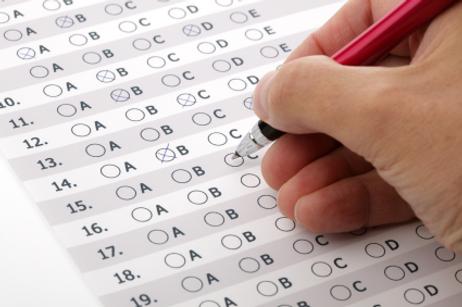"Everybody does it." Sadly that excuse is one of several reasons why there is so much cheating in America's high schools. Children learn by example. When they see adults cheating, they assume that there is nothing wrong with cheating. Adults cheat for a variety of reasons although I suspect that expediency probably tops the list of reasons why. Students seem to cheat because they are under tremendous pressure to be successful. Getting the best marks constantly so that Ivy League colleges will accept them has been many students' mantra ever since they could remember. We parents are to blame for putting that kind of pressure on our kids.
Michael Winerip's article on the cheating scandal in Philadelphia public schools underscores one of the intrinsic differences between public and private schools. Private schools do not have to teach to the test. Public schools do. That is as a result of The No Child Left Behind legislation which required that minimum test scores be attained, among other requirements. The consequences for not achieving the benchmarks are serious. The net result is that some unethical teachers and administrators are alleged to have cooked the books in the Philadelphia schools. And they got caught. A similar situation occurred in Atlanta's public schools with several educators jailed for their role in a wide-spread cheating scandal.
Private schools are not covered by NCLB or its replacement legislation the Every Student Succeeds Act. Consequently private schools do not have to




























